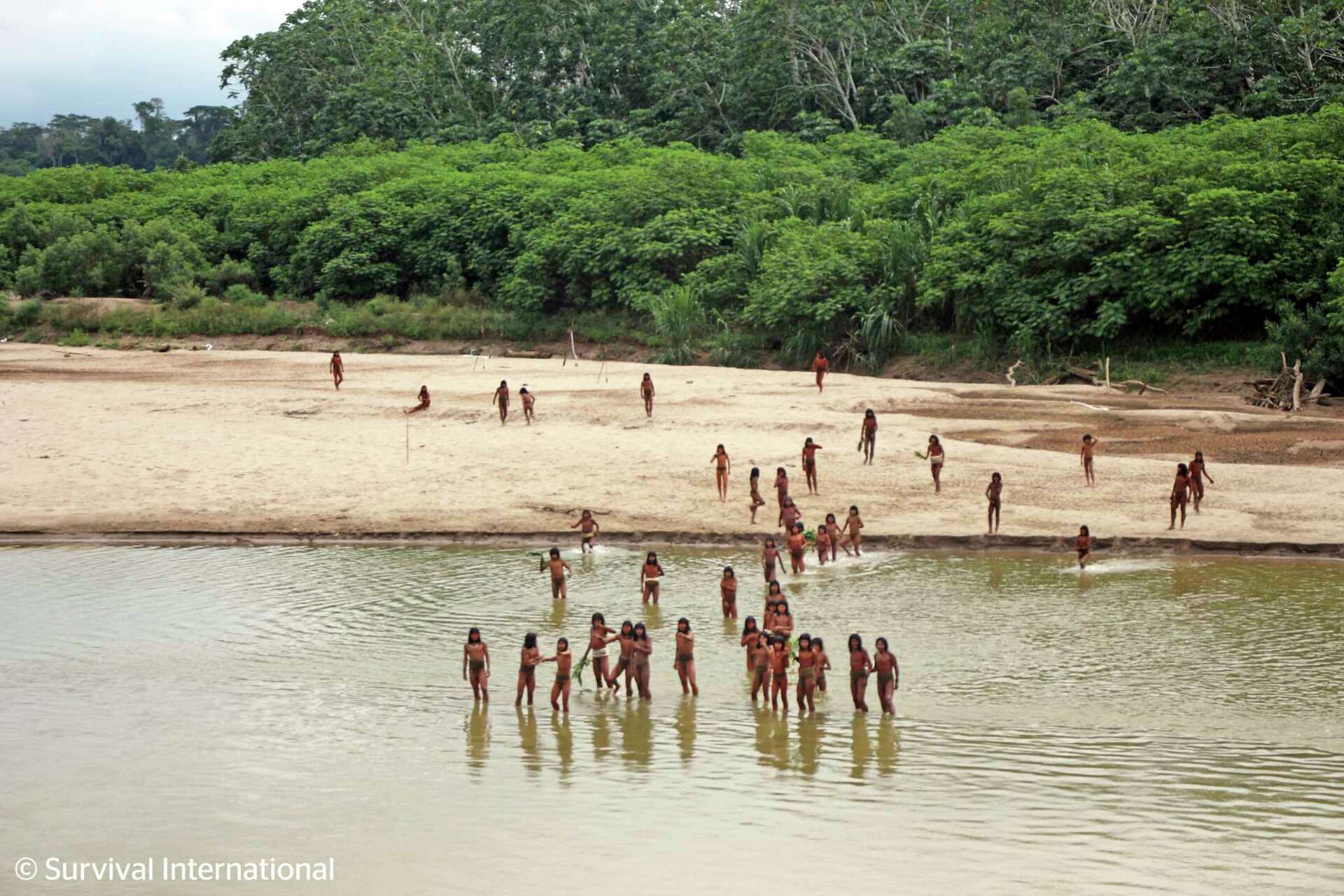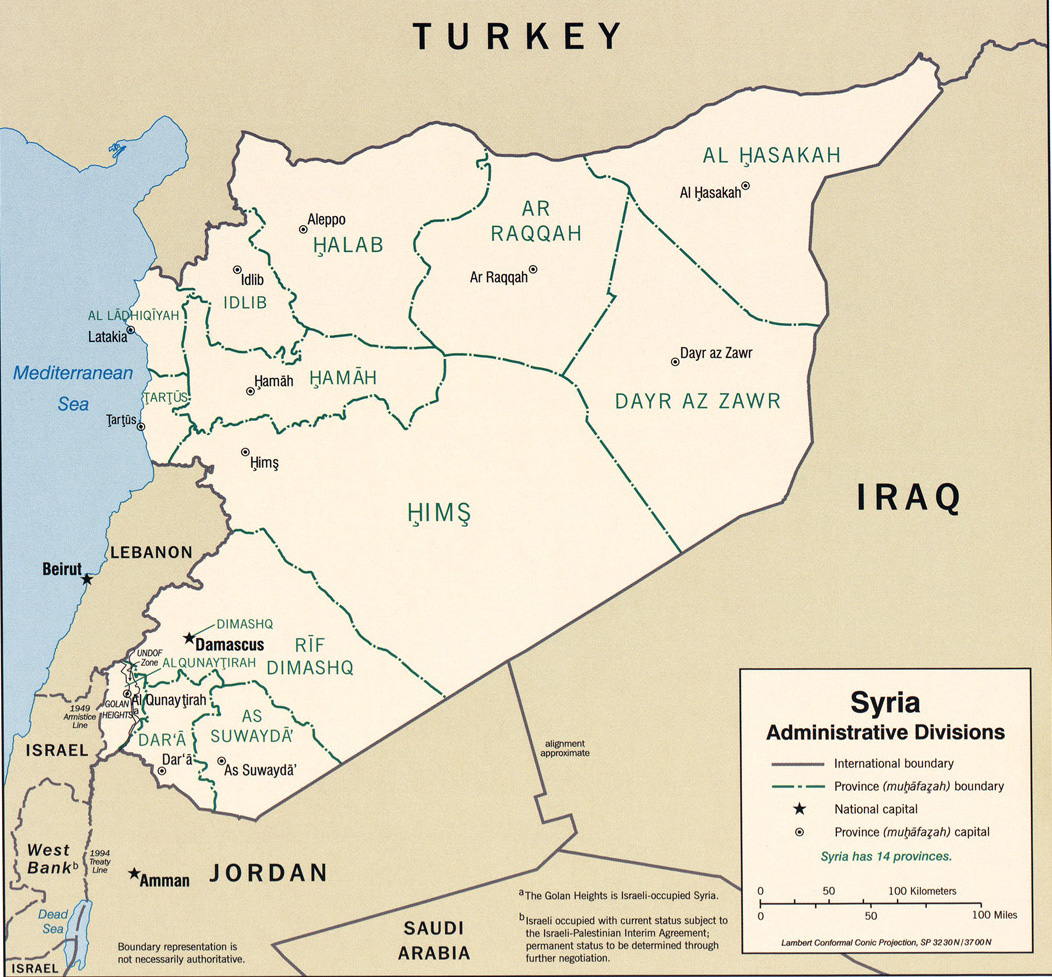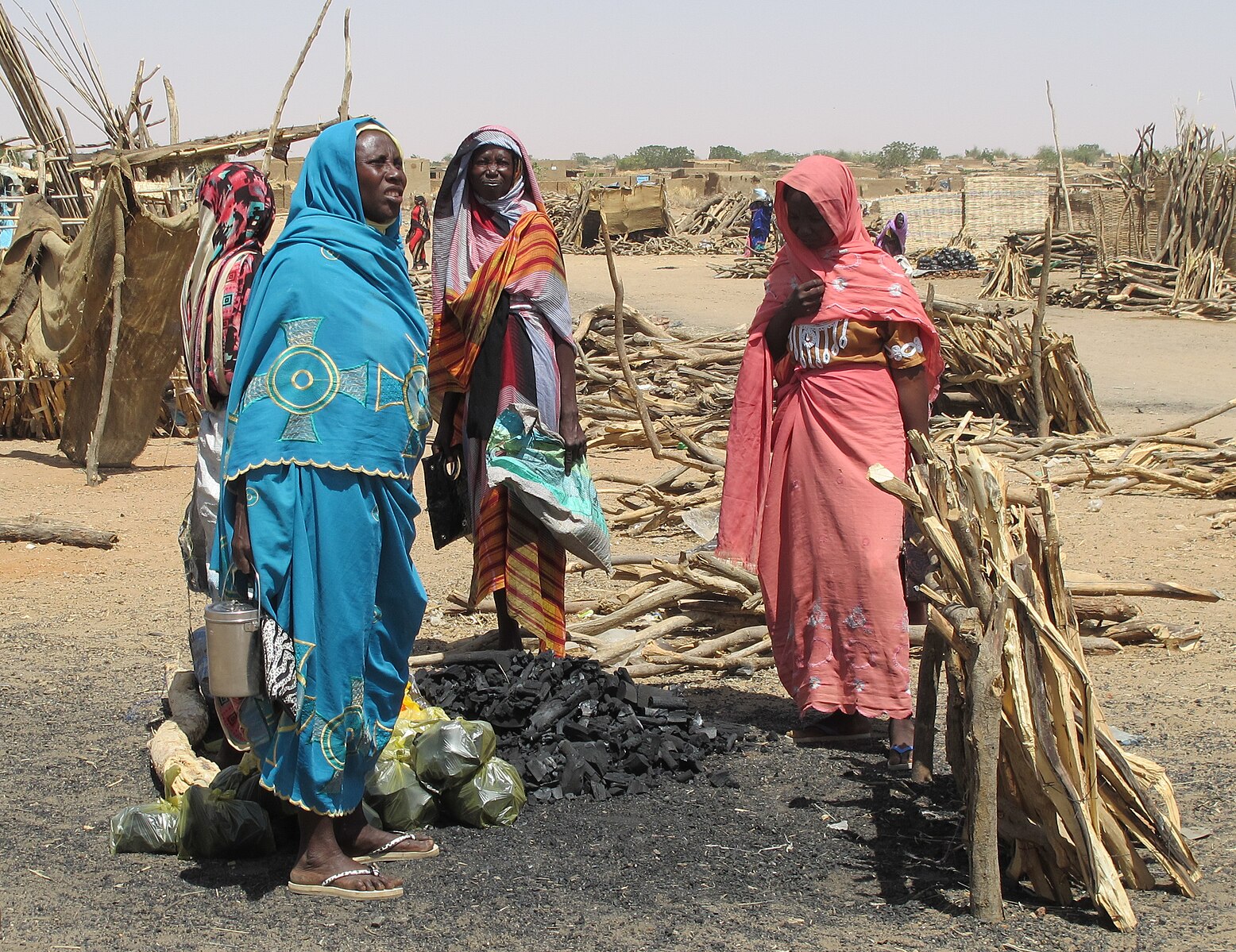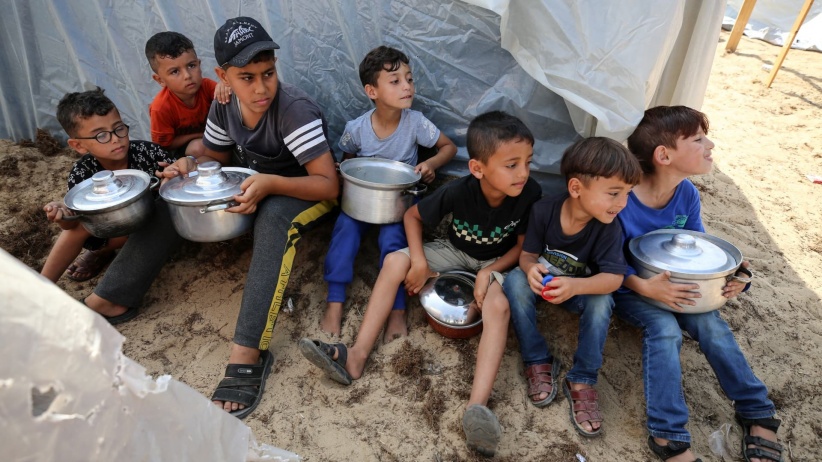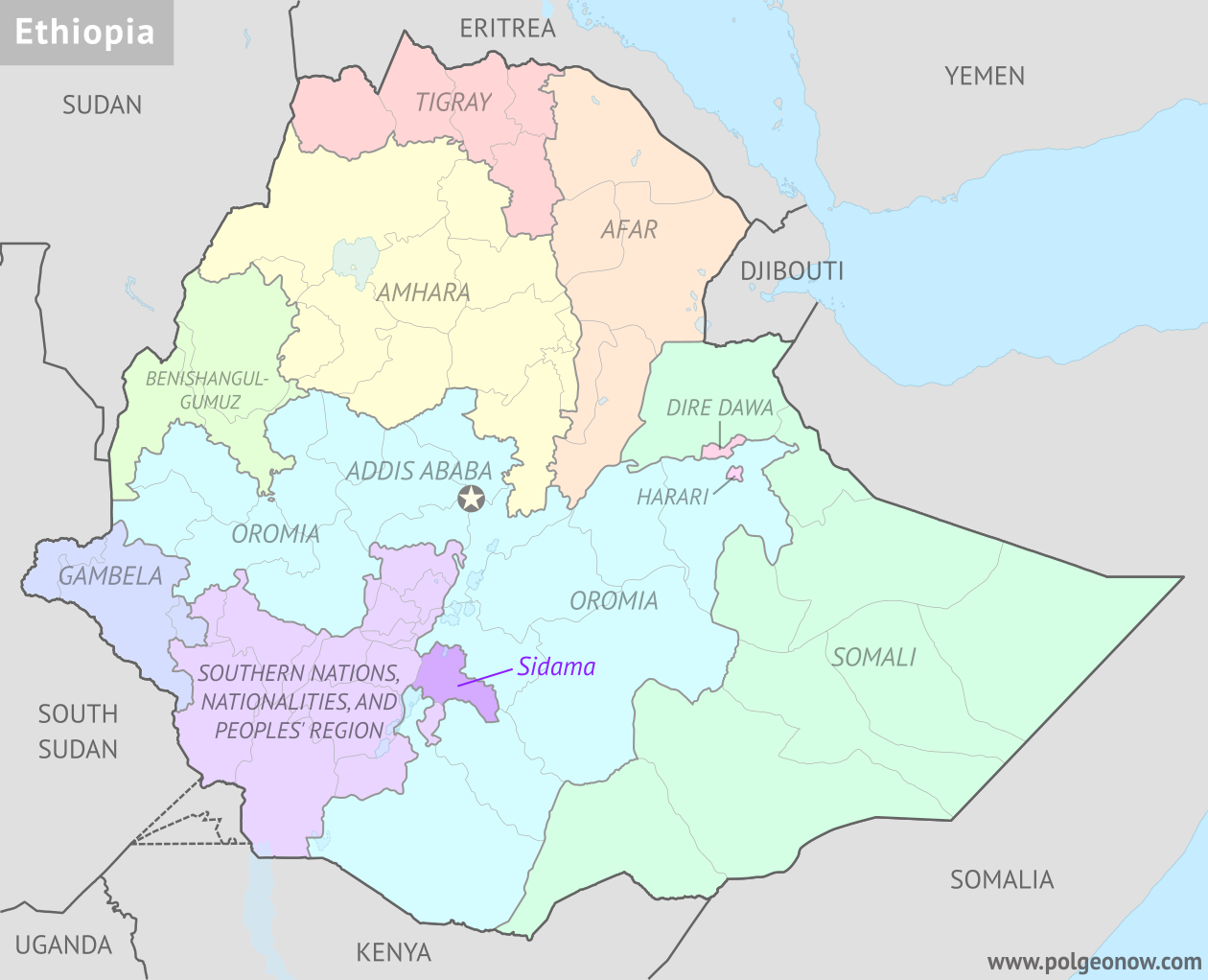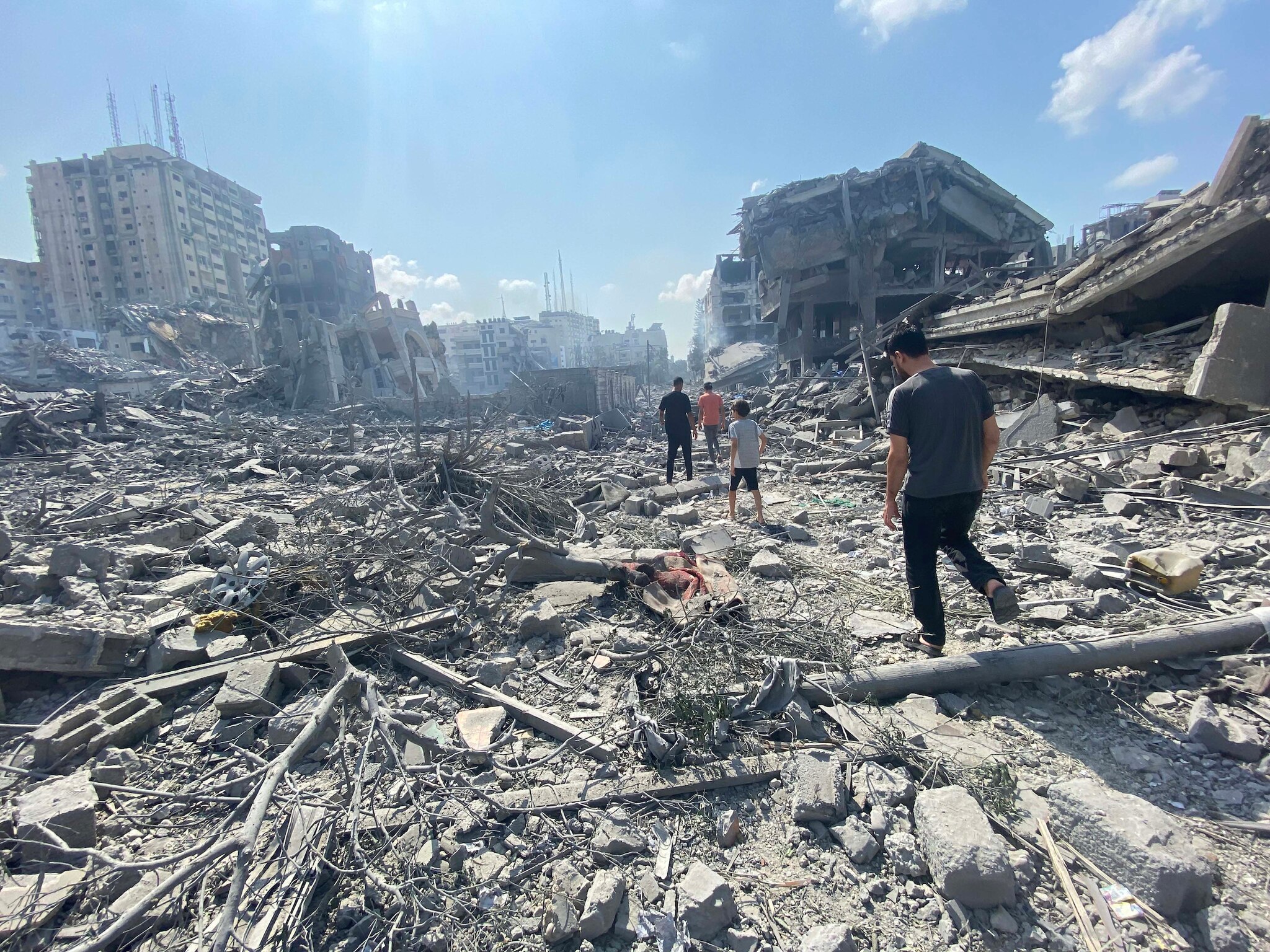
Ceasefire talks, as Gaza death toll crosses 40,000
A fresh round of ceasefire negotiations got underway in Doha, Qatar, aiming to bring an end to Israel’s more than 10-month-long war in the Gaza Strip and secure the release of the estimated 115 Israeli hostages still held by Hamas and other Palestinian militant groups. Forty-one of the hostages are believed to be dead, and the recorded death toll from Israel’s military campaign has now reached over 40,000, according to health authorities in the Strip. That’s roughly 2% of Gaza’s pre-war population—or one out of every 50 residents—that has been killed. (Photo: WAFA via Jurist)



